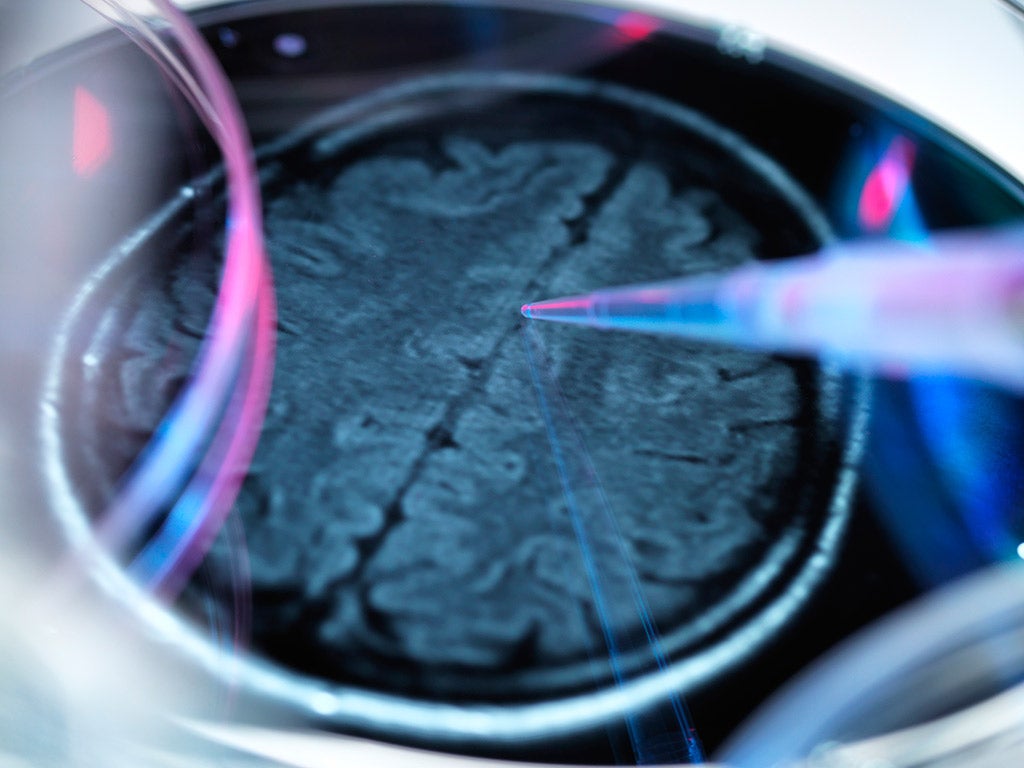Efforts to discredit claims that Alzheimer's is infectious is similar to how the mad cow disease scandal was handled
At the time, science advisers to the government took the cautious approach that there was 'no evidence' mad cow disease was a threat to human health

Your support helps us to tell the story
From reproductive rights to climate change to Big Tech, The Independent is on the ground when the story is developing. Whether it's investigating the financials of Elon Musk's pro-Trump PAC or producing our latest documentary, 'The A Word', which shines a light on the American women fighting for reproductive rights, we know how important it is to parse out the facts from the messaging.
At such a critical moment in US history, we need reporters on the ground. Your donation allows us to keep sending journalists to speak to both sides of the story.
The Independent is trusted by Americans across the entire political spectrum. And unlike many other quality news outlets, we choose not to lock Americans out of our reporting and analysis with paywalls. We believe quality journalism should be available to everyone, paid for by those who can afford it.
Your support makes all the difference.The suggestion that Alzheimer’s may be a transmissible disease, and the reluctance of government science advisers to countenance the idea, has parallels with what happened over “mad cow” disease in the late 1980s and early 1990s.
At the time, science advisers to the government took the cautious approach that there was “no evidence” mad cow disease was a threat to human health, although they privately admitted that did not mean there was “no risk”.
The “no evidence” line is similar to that adopted by the Department of Health in relation to the possible transmission of Alzheimer’s disease.
In 1990, before scientists were able to confirm beyond doubt that bovine spongiform encephalopathy (BSE) had indeed jumped the “species barrier” from cows to humans, the then-chief medical officer, Sir Donald Acheson, was asked about the risk to the public of eating beef.
“There is no risk associated with eating British beef and everyone – children, adults, patients in hospital – can be quite confident with the safety of beef,” Sir Donald said in a television interview.
In 1998, two years after the first cases of “BSE in humans” appeared in the guise of variant Creutzfeldt-Jakob Disease (vCJD), Sir Donald told the public inquiry into the scandal that he should have stuck to the more cautious line that there was “no justification for not eating British beef” given that there was a remote risk, rather than no risk.
In relation to the risk of Alzheimer’s disease being transmissible, Dame Sally Davies, the current chief medical officer, has said: “There is no evidence that Alzheimer’s disease can be transmitted in humans, nor is there any evidence that Alzheimer’s disease can be transmitted through any medical procedure.”
Join our commenting forum
Join thought-provoking conversations, follow other Independent readers and see their replies
Comments